January is National Human Trafficking Awareness Month, and Houston Moms is proud to share facts on how this issue affects our city as well as offer resources to help protect our families.
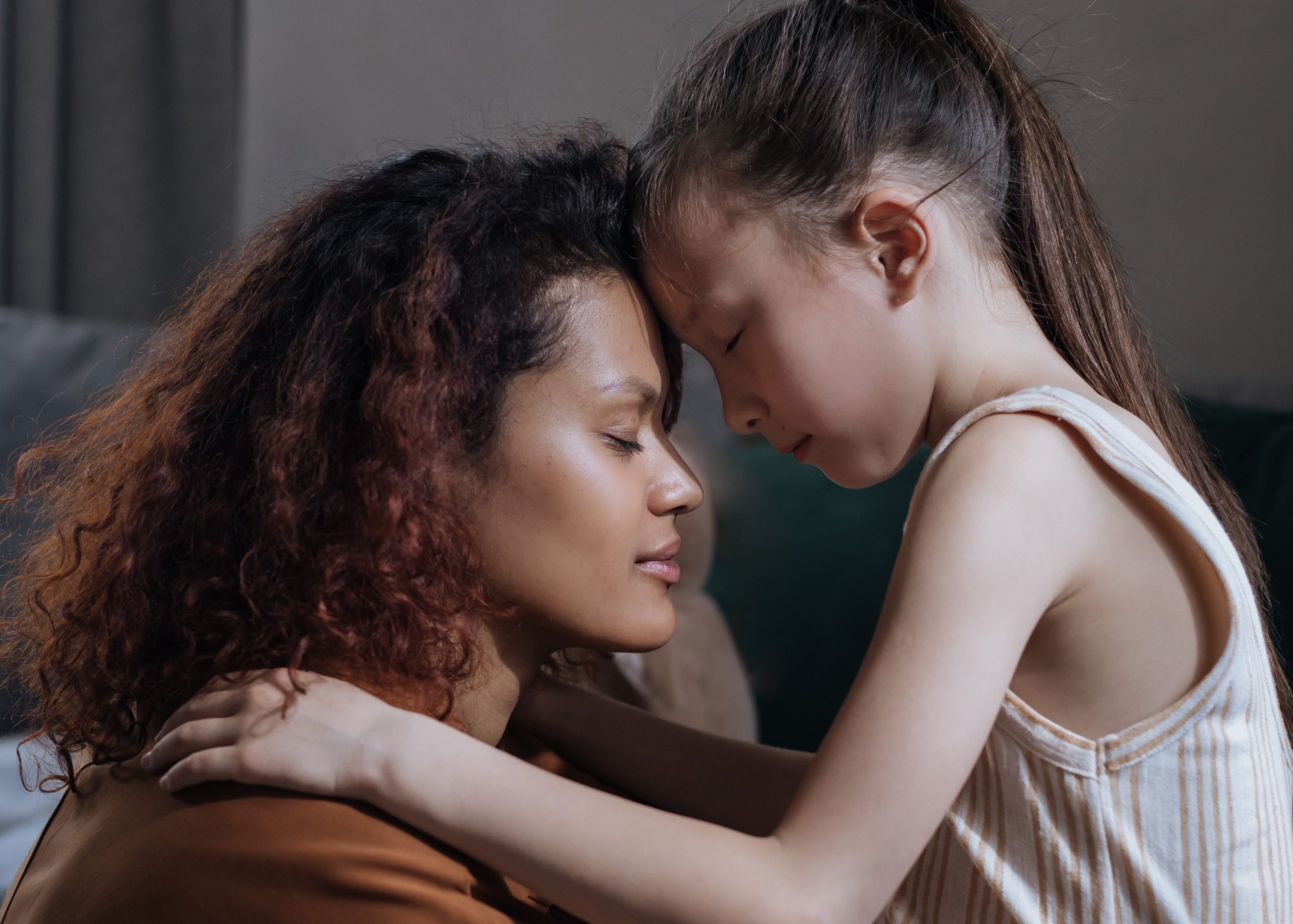 I was on a women’s camping trip recently with about 130 women, among them were 4 of my best mom friends as well as my own mother. At one point during the trip, my mom walked towards me, tears streaming down her face, she couldn’t speak. Immediately I thought something was wrong. I grabbed her by the shoulders and stared right into her eyes. “Mom, what’s wrong?!”
I was on a women’s camping trip recently with about 130 women, among them were 4 of my best mom friends as well as my own mother. At one point during the trip, my mom walked towards me, tears streaming down her face, she couldn’t speak. Immediately I thought something was wrong. I grabbed her by the shoulders and stared right into her eyes. “Mom, what’s wrong?!”
“I just met a group of women who were doing a hike in honor of another woman who lost her daughter to human trafficking, I just can’t stop crying.” My friends and I all cried too.
Around this same time, in another circle in my life, I was introduced to The Landing, a Houston based organization that serves survivors of human trafficking and commercial sexual exploitation.
I thought of my own daughter, who will be 9 soon. I thought of how early I myself developed. I was approached by older boys/men at age 11, 12 and 13 at concerts, the grocery store, and in my own neighborhood. I quickly realized I knew very little about modern human trafficking. I didn’t know how to protect my young daughter. I didn’t even know how to talk to her about it so she would be enabled with the tools she needs to protect herself.
I called up my contact at The Landing and I asked a lot of questions. Here’s what I learned:
Human Trafficking In Houston
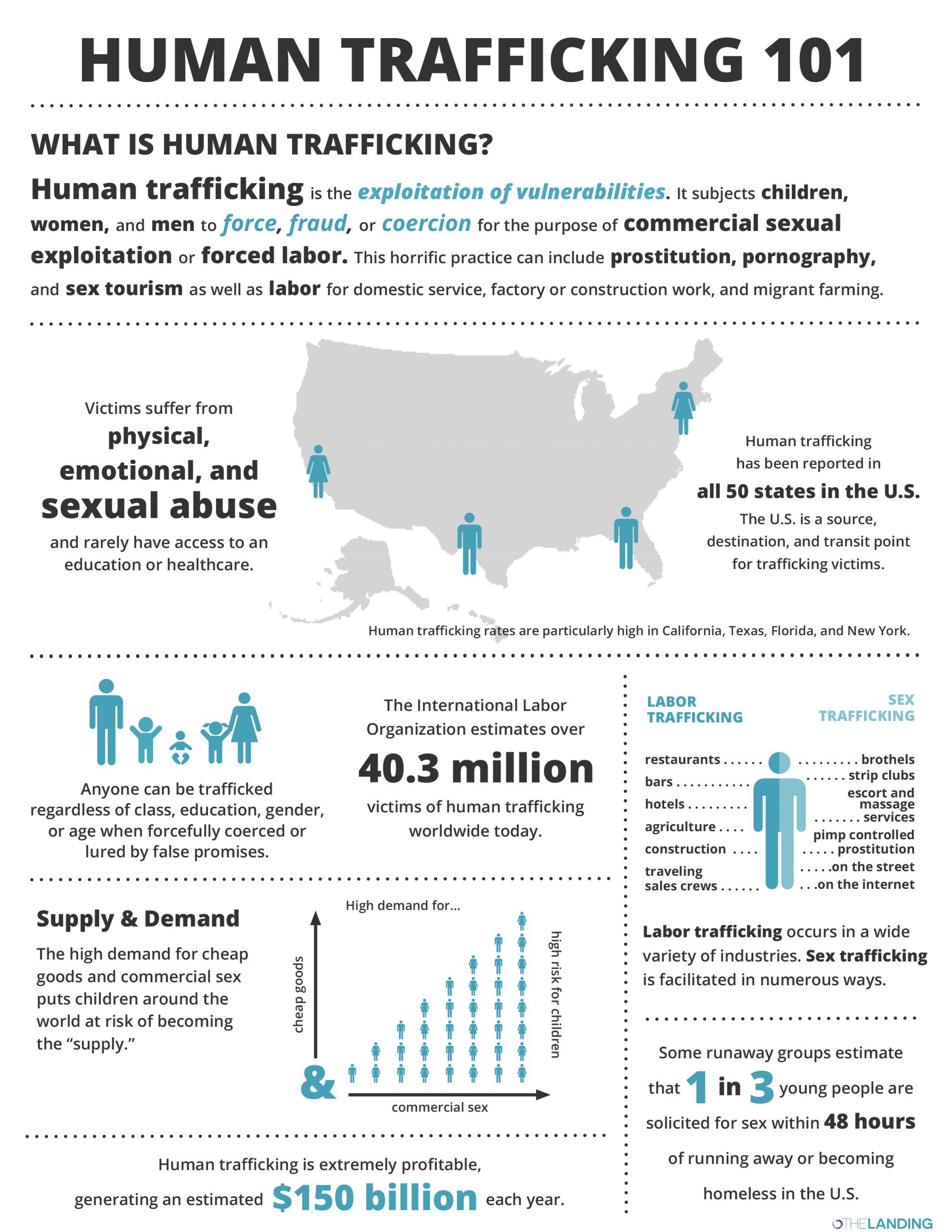 There are two kinds of human trafficking: labor trafficking and sex trafficking.
There are two kinds of human trafficking: labor trafficking and sex trafficking.
Labor Trafficking
Labor trafficking is humans forced into labor servitude. In Houston this can be in industries like construction {there was a lot of this after Hurricane Harvey}, restaurants, landscaping, farming and fishing. High demand for cheap goods increases the demand for labor trafficking. I also learned human trafficking is big business, generating an estimated $150 billion a year.
Sex Trafficking
Sex trafficking is typically forced prostitution. I always imagined people stealing young girls and sending them to other countries for sex trafficking, but that is NOT what is happening. Often they are forced into servitude right here in Houston; in nail salons, massage parlors, back rooms of clubs, and even in suburban homes which become online for-hire brothels.
Who Gets Trafficked
Anyone can be trafficked, regardless of education, gender, age or class. There are more than 313,000 victims of human trafficking in Texas alone. 79,000+ are youth and minor victims of sex trafficking and 234,000+ are victims of labor trafficking. The Department of Justice declared Houston one of the most intense human trafficking jurisdictions in the country. As Houstonians, this is something we need to be talking about.
How It Happens
The ugly picture I painted in my head was of people snatching my child from an aisle in Target. The truth is, the majority of modern human trafficking happens online. Traffickers prey on vulnerability. They attempt to fulfill basic needs like paying bills and/or emotional needs of love and acceptance. I was surprised to learn the traffickers aren’t usually strangers, they are usually immediate family, boyfriends or girlfriends, friends of family or employers.
Domestic Houstonians are often coerced, manipulated or romanced into it. Teens and young women are most often victims but truthfully trafficking can happen to anyone. Males make up 36% of US child sex trafficking.
How to Protect Our Kids (And Ourselves)
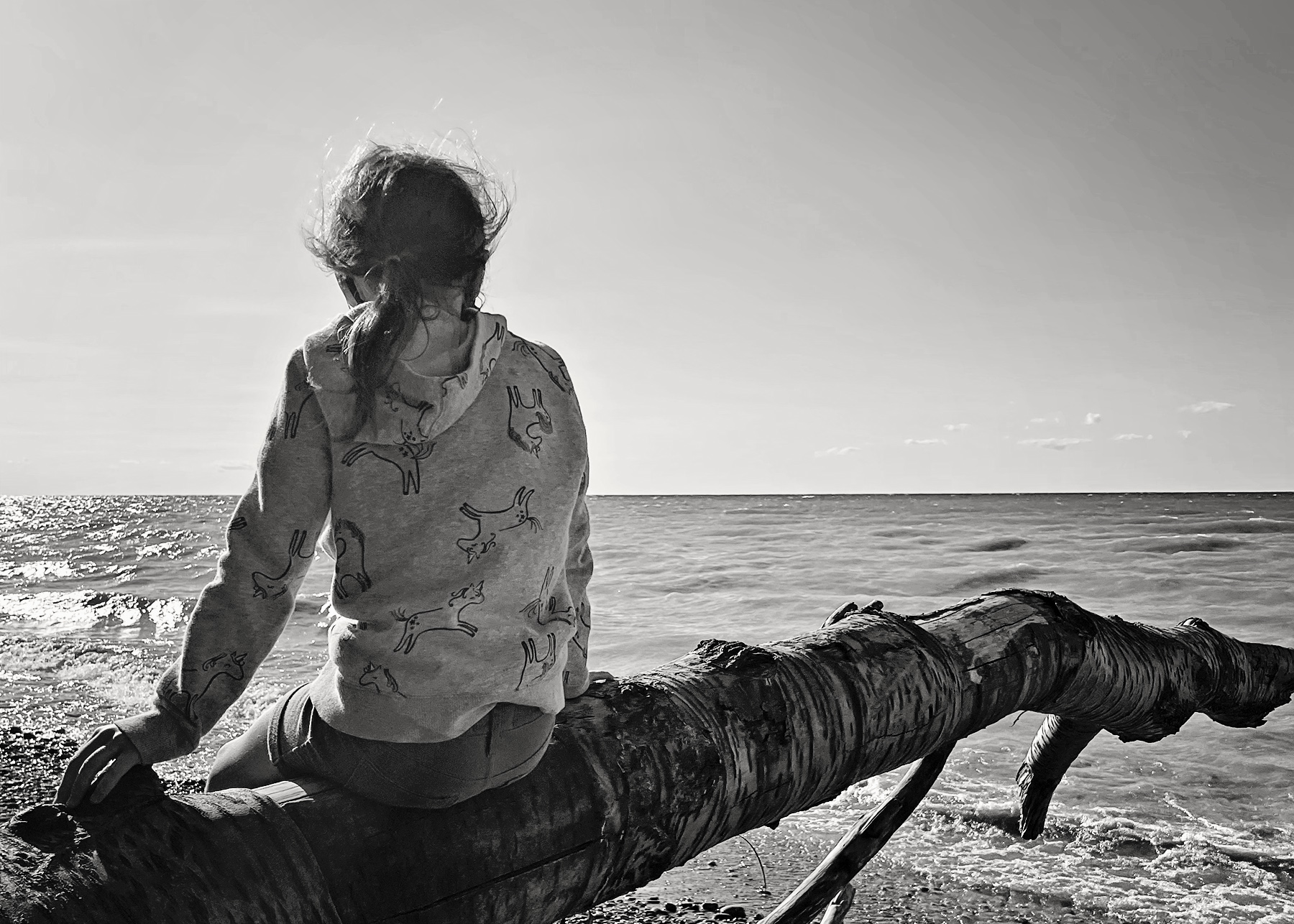 Have The Conversation
Have The Conversation
Have the conversation early and often. Talk to your kids about what healthy relationships look like. Talking about human trafficking doesn’t mean you have to have the sex talk either. Even young children can understand that someone forcing you to do something you don’t want to do is wrong. Enable them with the word “no” and teach them to talk to someone if they ever experience a situation where they feel uncomfortable.
Make sure your children have someone safe to talk to. Of course we always want our kids to come to us, but sometimes they don’t feel comfortable. Having an alternate person they can always talk to, like a therapist, school counselor or trusted teacher can help keep them safe.
Understand Vulnerabilities
Understand your own vulnerabilities. Understand your kids’ vulnerabilities. Truthfully after learning about all this, it breaks down to knowing yourself and your kids. Relationship vulnerabilities can include things like peer pressure, social isolation {we’ve all felt this over the last two years}, family conflict, dysfunction or disruption. Societal vulnerabilities include things like lack of resources, economic and health disparities, natural disasters, and poverty. Understanding these can help you and your kids see the red flags when they arise.
Watch Social Media
Almost all youth cases of human trafficking start on social media. Get involved in your kids social media platforms. Understand how the apps work. Interact with them on social media. Take interest in what your kids are posting. Kids who don’t feel seen or heard are most vulnerable to trafficking.
Pay Attention & Report Fast
If you suspect human trafficking, don’t approach traffickers yourself. That can place you and the victim in danger. Report it immediately. If its an emergency, call 911 and tell them you think it’s human trafficking. For non-emergencies or anonymous calls, reach out to the National Human Trafficking Hotline at 1-888-373-7888. Make sure you can provide actionable information such as descriptions of cars and people and when and where you saw the behavior. If it’s safe to do so, a photo can help too.
How You Can Help
The best way to help to protect ourselves and our community from human trafficking is to spread awareness. Educate yourself and your kids. Have conversations about human trafficking with your mom groups and in in your life circles.
The Landing has a list of ways you can help them directly. There are several off site projects you can do with your kids or parenting groups like making survivor snack packs. There are also opportunities to volunteer at the center, meet survivors, host lunches and organize donations.
No one sets out to be trafficked. Traffickers are manipulative and coercive. They prey on our vulnerabilities and basic needs. The best way to protect ourselves and our families is to educate ourselves and talk about it. Let’s have the conversations.
{A special thanks to The Landing for taking the time to answer my questions and provide the statistics reported in this article.}



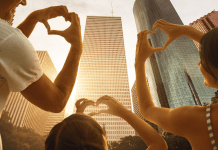




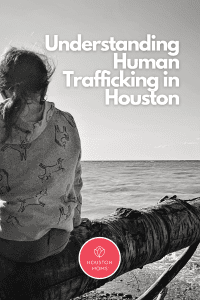
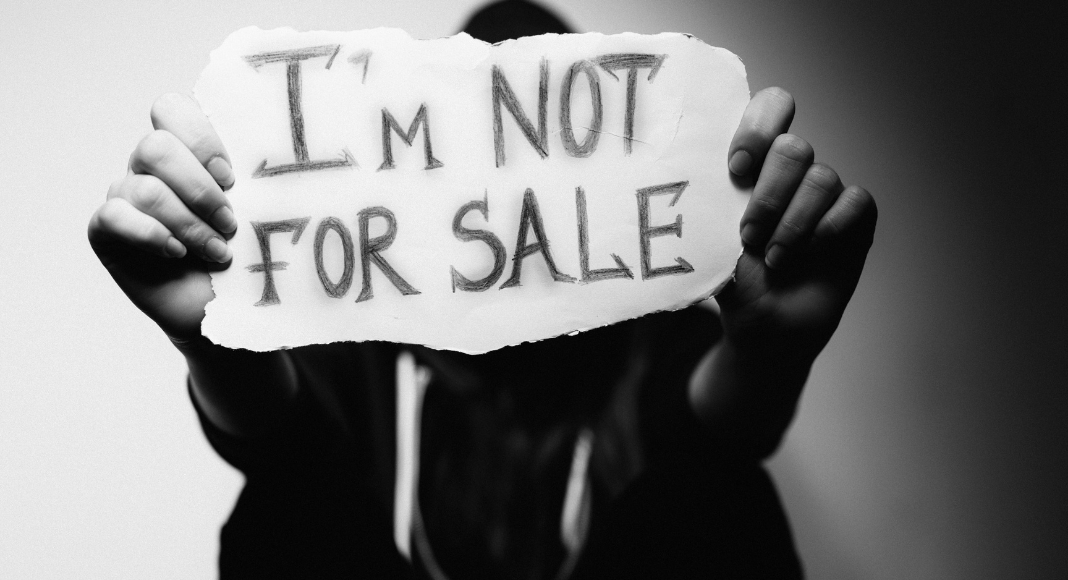
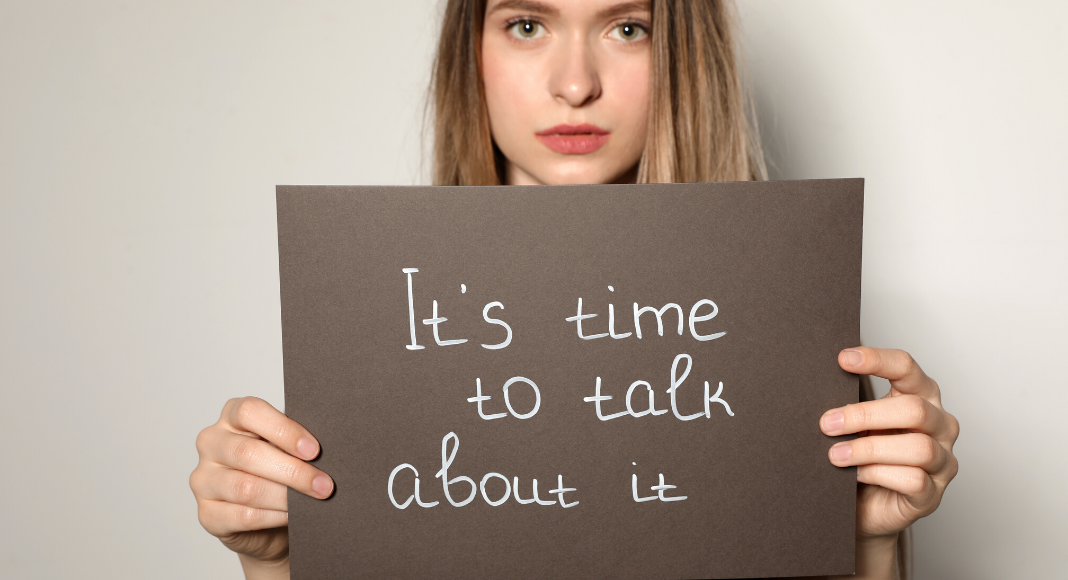

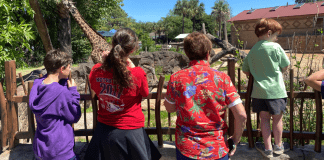




Thank you, Chris, for an engaging and informative blog on human trafficking! The Landing is an amazing resource filling a void in resource access among exploited victims. One of the next steps in assisting those women seeking to exit “the life” is for them to have a safe place to go. I live and work in Spring, TX with Redeemed Ministries. Perhaps you’ve heard of us? We operate a residential program for adult female victims of sex trafficking. The survivors we work with have access to counseling, medical aid, education, and much more that helps support them as they rebuild their lives towards self love and independence. I would love to invite you to learn more about us and spread awareness of our mission to provide sustainable solutions to domestic sex trafficked women. Check us out online or email me directly anytime!